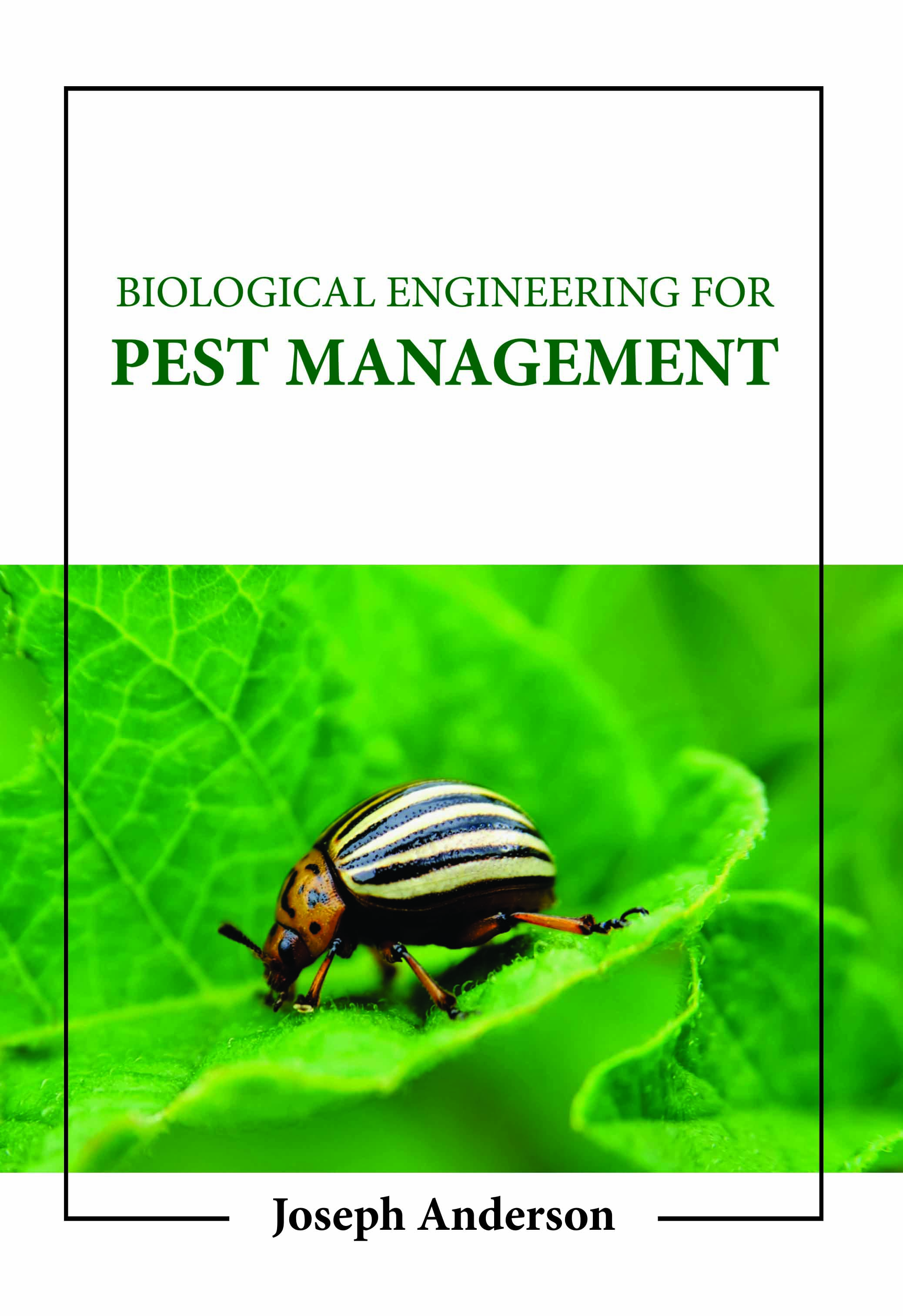
Biological Engineering for Pest Management
by Joseph Anderson
| ISBN | 9781806248209 |
|---|---|
| Publisher | Digital Drive Learning |
| Copyright Year | 2026 |
| Price | $274.00 |

by Joseph Anderson
| ISBN | 9781806248209 |
|---|---|
| Publisher | Digital Drive Learning |
| Copyright Year | 2026 |
| Price | $274.00 |
Ecological engineering for pest management has lately been a paradigm for thinking about pest management strategies that focus on using artistic techniques to manipulate habitats and improve biological control. Environmental knowledge informs cultural practices rather than high-tech strategies like synthetic insecticides and genetically modified crops. Different degrees of sophistication can be used in IPM. According to Prokopy, there are four levels of ICM. Level 1 combines various methods to combat a single pest on a crop. In contrast, level 4 encompasses all pests and crops on the farm as part of an overall ICM system that includes members of the broad policy network (extension services, industry, retailers, regulators), takes into account the social, cultural, and ecological context of farming, and involves all levels of ICM. IPM went beyond merely chemical and biological controls to embrace all classes of pests and extend the idea of integrated control. As under integrated control, artificial controls like pesticides were to be used, but they now had to be compatible with control methods for all groups of pests. This book sheds fresh light on non-traditional approaches to insect pest control. Indian scientists from diverse institutes have offered a variety of biotechnology-based management strategies for insect pests.